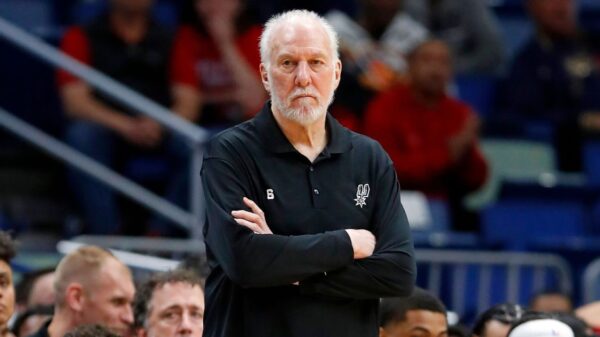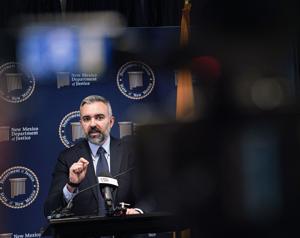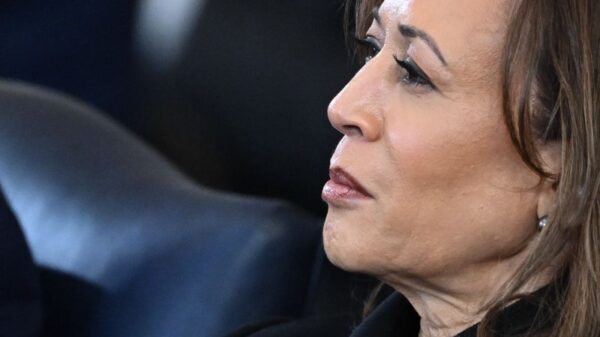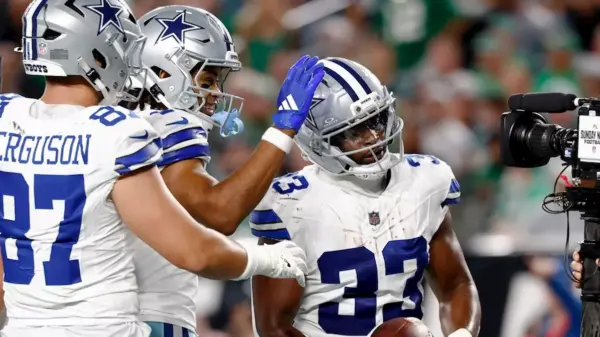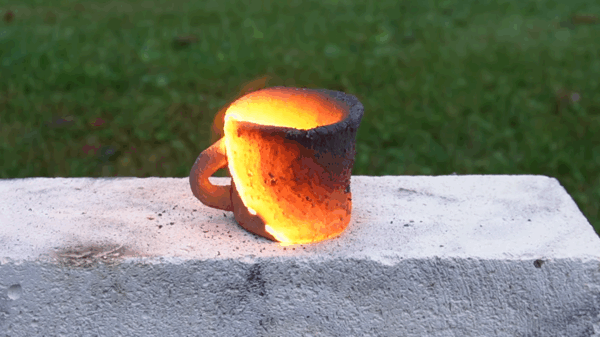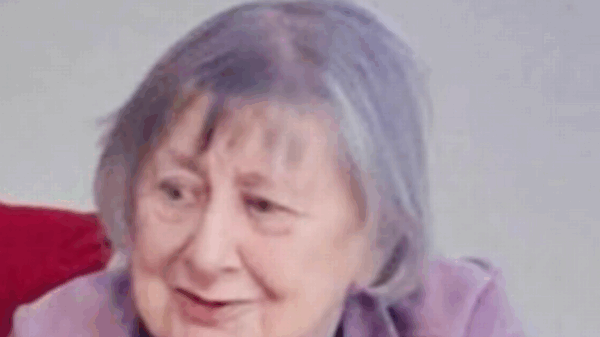BREAKING: A South Carolina jury has just awarded $18 million to former college football player Robert Geathers and his wife, Debra, in a landmark decision against the NCAA. The jury found the NCAA negligent for failing to warn Geathers about the severe long-term effects of concussions, a ruling that could have major implications across college sports.
The verdict, handed down in Orangeburg, S.C., awarded $10 million to Geathers, who played as a defensive end at South Carolina State University from 1977 to 1980, and $8 million to his wife. Geathers, now 68 years old, has been diagnosed with dementia and struggles with daily tasks, including dressing and cooking.
Testimonies during the civil trial revealed that Geathers exhibits symptoms of chronic traumatic encephalopathy (CTE), a degenerative brain disease linked to repeated head injuries in football. Although CTE can only be confirmed posthumously, physicians indicated Geathers’ condition is a result of the trauma he experienced during his college career.
The couple’s attorneys argued that the NCAA had knowledge of concussion risks since the 1930s but failed to inform players and coaches until much later. Geathers’ attorney, Bakari Sellers, stated, “All of the information they knew, they withheld,” stressing that the NCAA’s responsibility was to safeguard players.
In response, NCAA spokesperson Greg Johnson expressed disagreement with the verdict, stating the organization plans to appeal. Johnson emphasized that the NCAA has successfully defended itself in similar cases nationwide and argued that Geathers’ health issues stem from multiple conditions, not solely from his time in college football.
During closing arguments, NCAA trial attorney Andy Fletcher insisted that head impacts are an inherent risk in football that cannot be eliminated. He asserted that the NCAA’s safety protocols followed the knowledge available at the time.
The jury ultimately concluded that the NCAA “unreasonably increased the risk of harm” to Geathers and found that the organization “voluntarily assumed duties to protect” his health, which they negligently breached.
After the trial, Sellers remarked on the verdict’s emotional significance, stating, “I felt good to hug Debra Geathers. She gets to go home and tell her husband some good news.”
This groundbreaking ruling highlights the ongoing debate over player safety and the responsibilities of sports organizations. As the NCAA prepares to appeal, the implications of this case may resonate throughout the sports community.
Stay tuned for further updates on this developing story.




